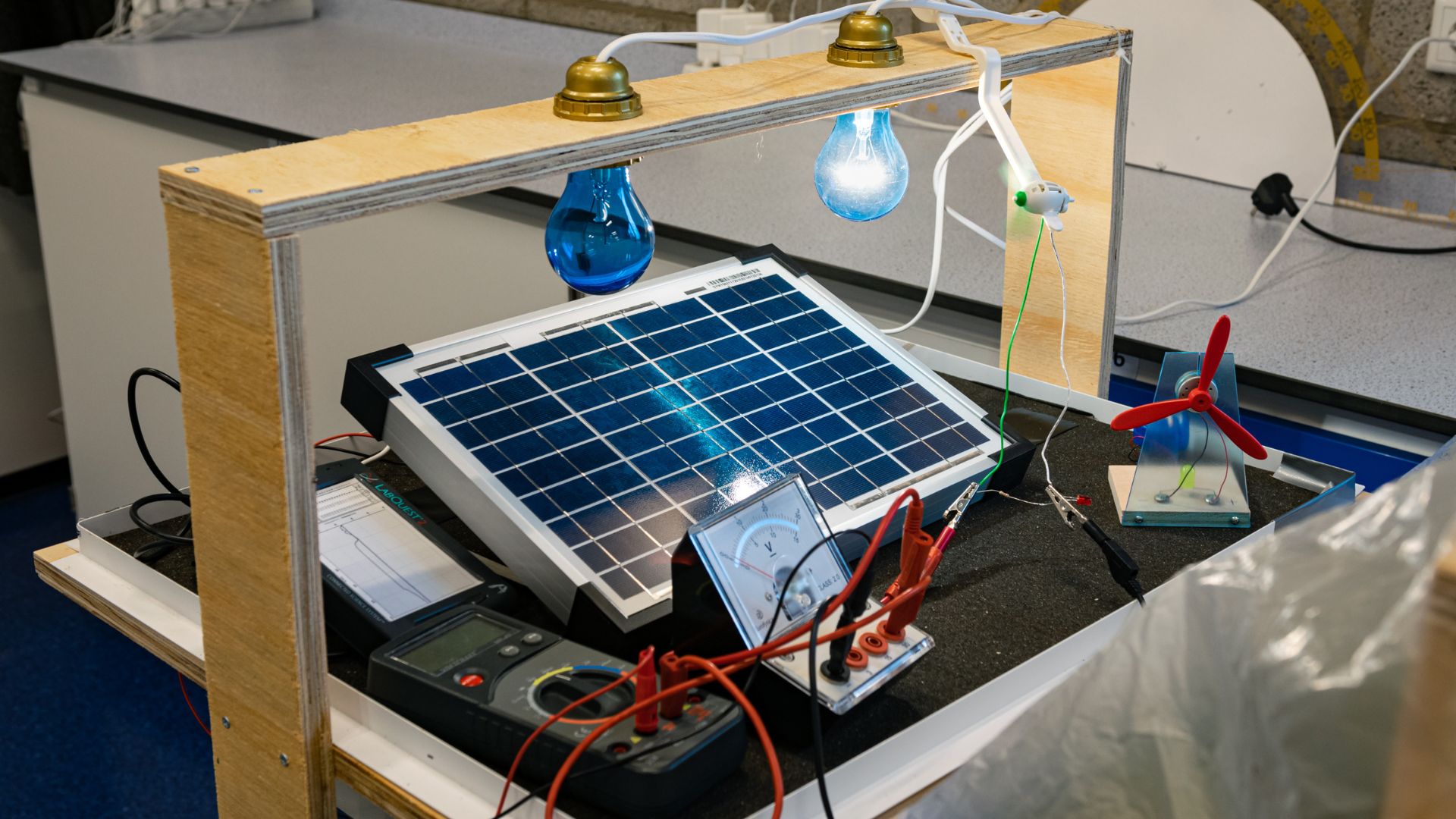Powering next-gen solar panels: Breakthrough tech hits 30% efficiency, cooler temperature

AI Article Summary
Researchers at the University of New South Wales have developed a new solar cell technology that can increase efficiency to over 30% and lower operating temperatures, which could extend the lifespan of panels by about 4.5 years. This breakthrough involves using a stable organic molecule called dipyrrolonaphthyridinedione (DPND) with silicon photovoltaics. The technology improves electrical yield by using a process known as singlet fission, enhancing the performance of silicon solar cells. The team is now moving toward scaling up production for pilot manufacturing trials.
What This Means for Canadian Contractors
This project shows how enhanced solar panel efficiency can lead to cost savings in terms of fewer panels needed per energy capacity target, thereby reducing associated installation costs. For Canadian builders, this means potential reductions in both the physical and economic footprints of solar energy installations. The cooler operating temperatures also suggest improved long-term performance stability, aligning with sustainable building practices.



